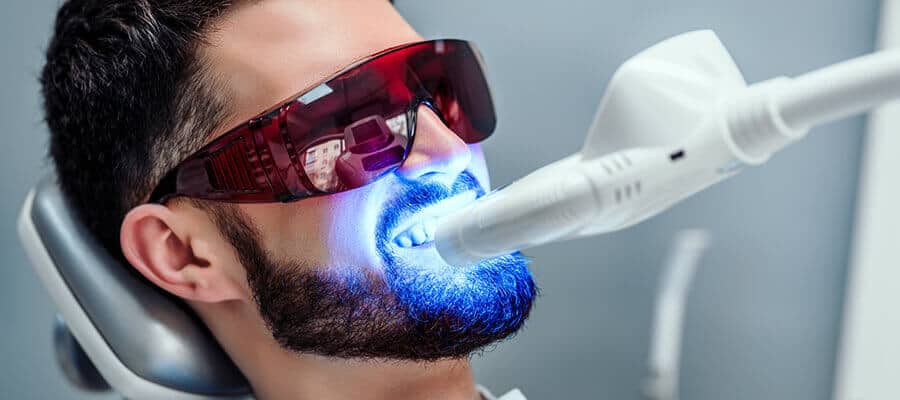
Are You Brushing Correctly?

Brushing your teeth is a fundamental part of daily hygiene, but if done incorrectly, it may not be as effective as you think. Poor brushing habits can contribute to plaque buildup, gum disease, and even tooth decay. Dr. Rader in Sevierville, TN, wants to help you refine your brushing technique to ensure your smile remains strong and healthy for years to come.
Picking the Right Toothbrush and Toothpaste
Your toothbrush plays a crucial role in oral health. A soft-bristled brush is the safest choice, as it effectively cleans your teeth while being gentle on your gums. Brushes with hard bristles can cause enamel erosion and gum irritation, making them less ideal for long-term use.
Choosing the right toothpaste is just as important. Fluoride toothpaste strengthens enamel and helps prevent cavities. If you use an electric toothbrush, you may achieve a more thorough clean compared to a manual one, but both are effective when used properly. Remember to replace your toothbrush every three to four months or sooner if the bristles become frayed.
Mastering the Proper Brushing Technique
Brushing the right way makes a significant difference in how well you remove plaque and prevent dental problems. Follow these expert-approved steps:
- Hold Your Brush at a 45-Degree Angle – This allows the bristles to clean both your teeth and along the gumline.
- Use Gentle, Circular Motions – Avoid scrubbing too hard, as this can cause gum recession and enamel wear. Small, circular strokes are the most effective way to remove plaque.
- Brush for Two Full Minutes – Many people don’t brush long enough. Setting a timer or using an electric toothbrush with a built-in timer can help ensure proper brushing time.
- Don’t Forget Your Tongue and Inner Cheeks – Bacteria build up on these surfaces, which can lead to bad breath. A gentle brushing of your tongue and cheeks helps keep your mouth fresh and clean.
Common Mistakes That Can Impact Your Oral Health
Even if you brush twice daily, certain habits may make your routine less effective. Here are some common brushing mistakes to avoid:
- Brushing too forcefully – Applying too much pressure can damage your enamel and gums.
- Using the wrong toothbrush size – If the brush head is too large, it may not reach all areas of your mouth, especially in the back.
- Neglecting certain areas – The molars and gumline are common spots where plaque builds up, so pay extra attention to these areas.
- Rinsing immediately after brushing – This can wash away the beneficial fluoride from your toothpaste before it has time to protect your teeth. Instead, wait at least 30 minutes before rinsing, eating, or drinking.
How Often Should You Change Your Toothbrush?
Your toothbrush doesn’t last forever, and using one past its prime can result in less effective cleaning. It’s best to replace it every three to four months, or sooner if the bristles become worn. If you’ve been sick, switching to a new toothbrush can also help prevent reinfection.
Improve Your Oral Health with Better Brushing
Brushing correctly is one of the easiest yet most important steps in maintaining oral health. By using the right technique, selecting the best tools, and avoiding common mistakes, you can keep your teeth and gums in great shape. If you have concerns about your brushing habits or want personalized recommendations, schedule an appointment with Dr. Rader in Sevierville, TN. A healthier smile starts with proper brushing.






